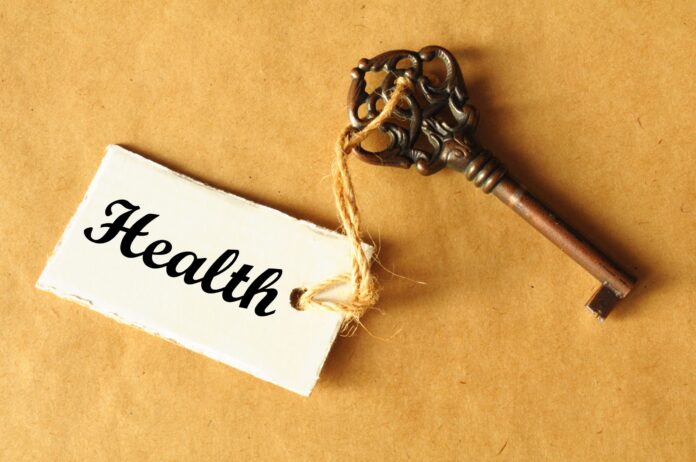What is the single most important thing you can do for your health? If you said eat better, that would be a good choice but not the best choice. If you stress also creates a physiological response that manifests as a number of conditions in our body? These can include but are not limited to: This is a short list. Almost any ailment can be traced back to stress as its cause. When the body is stressed, our sympathetic nervous system kicks in and creates a number of physical, mental and emotional responses. Physically our heart rate rises and blood pressure increases, blood flow moves to the brain and extremities leading to a slowing of digestion. Muscle tension increases causing headaches, dizziness, jaw ache and insomnia. Breathing becomes rapid and shallow and can lead to hyperventilation and breathlessness. Mentally a little stress is good, helping us to concentrate but too much stress negatively affects our thinking. Thoughts become confused; it is hard to think clearly. We worry about what may happen. It is hard to make decisions and move forward. Procrastination results. Emotionally we each respond to stress uniquely, but there are common themes among responses. A person under stress acts with irritability, impatience, anger, frustration, fear, panic, hopelessness, and even emotional withdrawal. We go into survival mode. We become less sociable and caring of others. To handle the stress we eat compulsively, smoke and drink more to calm our nerves. The Body’s Natural Stress Response Is Not Effective For Modern Stress Although the human stress response is useful in dealing with physical threats like tigers chasing cro-magnon man tens of thousands of years ago, it is much less useful in dealing with modern stressors like deadlines, finances, relationship issues, presentations, traffic jams or sensory overload. In most people, the stress response is chronic. This leads to heart problems, high blood pressure, digestion problems, decreased immunity, body aches and pains, headaches and other physical, mental and emotional disorders. It is not easy for us to consciously slow our heart rate, relax our muscles, improve our body’s immune response or relax a headache away. That’s why it’s important to understand your natural responses to stress and learn how to manage stress effectively through a variety of strategies. Strategies For Relieving Stress Here are eight proven strategies for helping you relieve stress. 1. Mindfulness
2. Get a Massage
– Since stress creates muscle tightness and pain, it only makes sense to take care of the body. When the body is relaxed, the mind too will be relaxed and you will be less triggered emotionally. The massage will minimize the negative effects of stress on the body and also help lower blood pressure, improve immune response, reduce toxicity levels and enhance overall health.3. Meditation
– Helpful in dozens of ways and supported by hundreds of studies but often difficult and frustrating for the beginner. Take a class. You’ll be glad you did.4. Get Organized
– Stress often leads to feelings that are overwhelming. Too much to do in too little time. Being organized helps when mental clarity is lacking. It helps you to prioritize and makes it easier to say “NO” if you over commit. This also includes time management. These skills can be learned. Again take a class.5. Alternative Therapies
– There are dozens and dozens of alternative therapies. Each effective in their own right. Not all things work for all people in all situations. If one therapy did not seem effective for you, then try another. Don’t give up.6. Eat A Balanced Diet
– Obvious but often overlooked. Dietary changes take time for the effects to be noticed. Don’t try making big changes all at once. Work in little changes each day, less soda here, more vegetables there, maybe a fruit smoothie instead of coffee today. Stay with it. You will see, feel and experience the differences in time.7. Exercise
– This is how our ancestors burned off stress. They were physically active. Get more active and burn off stress today.8. Breathing
– Breathing is important for two reasons. First, it is directly affected by and shut down by stress. Second, conscious breathing is something you can learn to control. You can’t control your heart rate or blood pressure but you can control your breathing and that can trigger the relaxation response that causes your heart rate and blood pressure to decrease. There is nothing you can do that so quickly, easily and effectively changes your stress pattern than by changing the way you breathe. Breathwork works!These are proven strategies. They all work. Choose the one right for you or choose them all. The more you do, the more peace, calm and joy you will experience in your life and good health will be yours forever.
Dave Krajovic, MBA, CPA, NCTMB is a recovering stress addict. Having come close to losing his marriage, he found a different path. With advanced training in many alternative healing modalities, he is the co-founder of BodyWorks Healing Center and the Global Breath Institute. As an international speaker and trainer he has helped thousands let go of old stress patterns, restore well-being and renew their passion for life. You can contact him at 734-416-5200 or dave@GlobaBreathInstitute.com.











